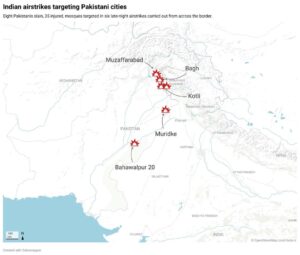Kazakhstan Takes Lead in Saving the Aral Sea

Kazakhstan has become a crucial player in one of the largest environmental initiatives the world is witnessing, having recently headed the IFAS. This program is meant for solving the problems connected with the depletion of the Aral Sea which can be considered the first step of the actions aimed at solving the ecological crisis that has seized Central Asia for decades. Formerly the fourth largest landlocked sea, the Aral Sea reduced its size in the 1960s when water was being diverted for irrigation from the Soviet Union’s agriculture purposes. The result was disastrous, transforming the province into one of the globally well-known ecological calamities. Large portions of the sea disappeared, and this led to dust storms that contained salt and toxic chemicals that ravaged the local economy while people living near the sea suffered from serious health complications.
It is quite interesting that Kazakhstan has received a presidency of the IFAS at quite an appropriate time. President of Kazakhstan, Kassym-Jomart Tokayev, during the inauguration message, said, “This is why the further development of our region depends on today’s actions.” To their credit, the country has already demonstrated leadership by starting the process of the “Northern Aral Sea,” which is already in the process of partial restoration of the northern part of the sea through the construction of barriers and water control. Thus, when Kazakhstan chairs the IFAS, it will have to intensify its activities regarding cooperation with neighboring countries like Uzbekistan, Turkmenistan, Kyrgyzstan, and Tajikistan. All these nations share the waters and have been trying to manage the effects of this disaster and avoid the deterioration of the environment. The current innovations concern themselves with the other effects of climate change, over-irrigation, and farming processes.
Source: The Times of Central Asia, Eurasianet



